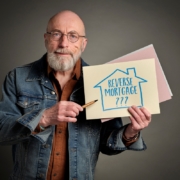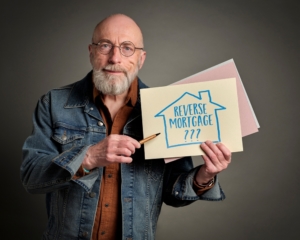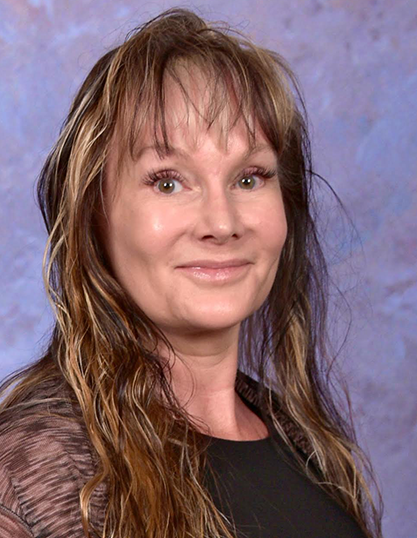How a Reverse Mortgage Works After Death
Reverse mortgages have become popular for Canadian seniors who own their homes and want to supplement their retirement income. This type of mortgage allows them to access the equity in their properties without having to sell or move. Many seniors also like the fact that no repayment is required until the end of the loan. Depending on the circumstances, one of the ways this type of loan ends is with the homeowner dying. However, there is often confusion about how a reverse mortgage works after death. Let’s explore this in more detail:
The End of a Reverse Mortgage
In Canada, a reverse mortgage can end in three ways: by selling, moving out of the home, or the death of a homeowner.
- If you have a reverse mortgage and sell or move out permanently, you must repay the loan in full at that time. This repayment amount is calculated based on the outstanding balance, including any accrued interest.
- When a homeowner with a reverse mortgage passes away, the repayment process is similar, except it involves heirs to their estate.
Paying Back a Reverse Mortgage After Death
It’s not uncommon to wonder how a reverse mortgage works after death. In these cases, the estate is responsible for repaying the loan. The estate executor must contact the reverse mortgage lender to begin the repayment process. The lender will then provide a statement of account that outlines the leftover balance, including interest, and a specific timeline for settlement.
An estate can repay the reverse mortgage in full or sell the property to repay it. If the estate chooses to sell, the price should ideally be enough to cover the outstanding loan balance. If the home sale value is less than the owed amount, HomeEquity Bank has a no negative equity guarantee. This means the amount owed will never surpass the property’s fair market value. Essentially, if a homeowner meets all their obligations for the mortgage, HomeEquity Bank covers the difference (if there is one), and their heirs are not responsible for any shortfalls.
In most cases, houses appreciate over time, so the property’s sale price will likely be more than the owed amount. If this happens, the estate will get to keep the remaining profits. HomEquity Bank’s track record shows that 99% of homeowners have equity left when the home is sold, either for themselves or their estate.
What if My Partner is a Co-Owner?
In Canada, the reverse mortgage repayment process doesn’t occur until the last homeowner passes away. Therefore, if your partner lives longer than you, they can continue to live in the home and won’t need to repay the loan until they sell, permanently move, or pass away.
How Reverse Mortgages Affect Heirs
As mentioned above, when the last remaining borrower dies, your heirs must repay your reverse mortgage. Generally, they will receive a due date and amount payable from the lender. How your heirs decide to treat the balance owing is similar to any other mortgage or registered line of credit. Here are some situations and outcomes to be aware of:
- If there’s no equity in the property and a sale is not enough to cover the loan, your heirs will not be responsible for the difference as long as all the mortgage obligations have been satisfied.
- If the property’s value exceeds the amount payable, your heirs can sell the home to pay off the reverse mortgage and use the remaining profit to invest in their own lives, whether it’s a home of their own or other financial needs.
- If your heir wants to keep the property, especially for sentimental value, they can take ownership by paying back the entire reverse mortgage. This, of course, requires that they have the funds to pay it back in full. If they don’t, it may be possible to refinance.
Have Questions About Reverse Mortgages?
Whether you’re considering borrowing options for retirement or are wondering how your reverse mortgage will work after death, reach out to us at Seniors’ Lending Centre. Our experienced brokers are committed to providing personalized service and expert advice to seniors like you all across Canada.





